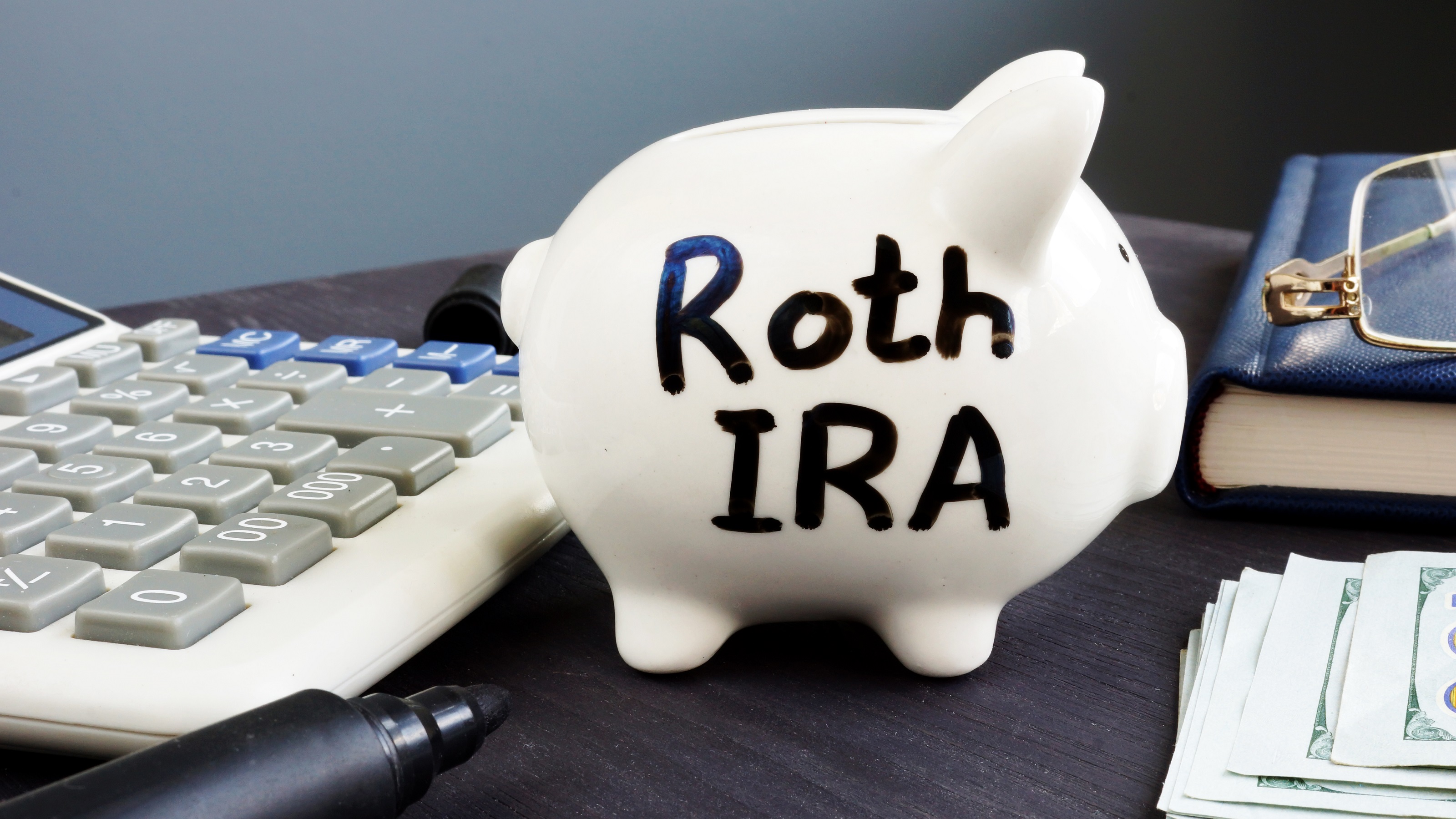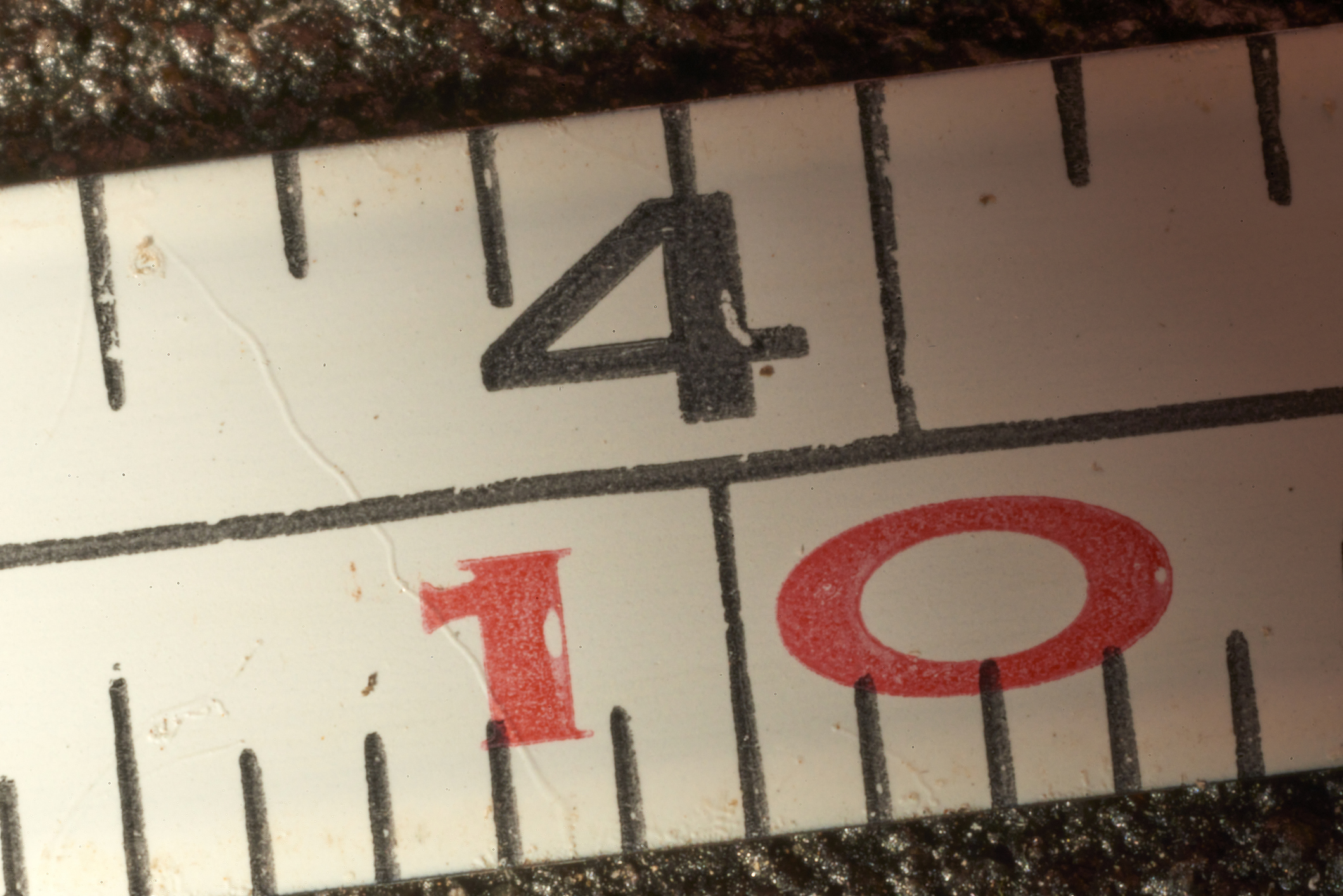10 Reasons to Leave Your Heirs a Roth IRA
Including a Roth IRA in your estate plan has clear tax advantages, which can be passed along to your heirs for years to come. But if passed down incorrectly, your heirs won’t reap the full benefits.


Roth IRAs (Individual Retirement Accounts) are gaining traction as a key part of your estate planning due to their tax-free growth on both contributions and investment earnings. Unlike 401(k) plans, Roth IRAs don’t have a rule forcing you to take required minimum distributions (RMDs) while you’re alive, allowing the account to grow intact. This enables your heirs to enjoy tax-free withdrawals for years, provided they manage distributions properly and the account is transferred correctly.
Thinking about adding a Roth IRA to your estate plan? This is what you need to know about Roth IRAs, passing along a Roth IRA to your heirs, and 10 reasons why it’s a good idea (based on current U.S. tax and financial regulations as of June 2025).
But first, what is a Roth IRA?

Sign up for Kiplinger’s Free E-Newsletters
Profit and prosper with the best of expert advice on investing, taxes, retirement, personal finance and more - straight to your e-mail.
Profit and prosper with the best of expert advice - straight to your e-mail.
What is a Roth IRA?
A Roth IRA is a type of individual retirement account you contribute to with after-tax dollars. The main benefit of a Roth is that your investments grow tax-free. You can withdraw both your contributions and any earnings tax-free before you reach retirement age if you meet certain conditions — you must be at least 59-½ years old and have had the Roth account for at least five years. There are also income limitations to take into consideration.
10 reasons to leave your heirs a Roth IRA
Some people set up a Roth IRA with no intention of ever making a withdrawal. Instead, they invest in a Roth for the sole purpose of passing it on to their loved ones. Here are 10 reasons why leaving a Roth to your heirs is a good idea — both for you and your loved ones.
1. Money grows tax-free
Unlike traditional IRAs, which let you deduct your contributions from your income taxes but require you to pay income taxes later in life when you make withdrawals, Roth IRAs let you grow your money tax-free. That’s because Roths are funded with after-tax dollars. Also, there is no age requirement for contributions, although you must be within the income limits to contribute to a Roth IRA. So, that means there is the potential for more money to grow in your account to pass to your heirs.
2. No required minimum distributions (RMDs)
Because you are not required to take minimum distributions, RMDs, from your Roth IRA, you can pass along more of your retirement savings to your heirs. However, this benefit is only reserved for the original account holder.
“Most non-spouse beneficiaries must liquidate an inherited Roth IRA within ten years after the Roth owner's death,” says Patrick O'Leary, CFP®, CWS® and Sr. Vice President and Financial Advisor at O'Leary Wealth Management at DA Davidson and Co. “However, the heir has significant flexibility in the timing of the withdrawals. Funds can be withdrawn in a lump sum or over a period of years.”
If you fail to comply with RMDs, your heirs might be subject to significant tax penalties.
3. Divide up inherited IRAs tax-free
The tax code allows your heirs to divide an inherited IRA tax-free into separate IRAs for each of your beneficiaries. When you, as the original account owner, die, each beneficiary can establish their own inherited IRA with their share of the account funds. This can go a long way to eliminate family conflicts that can sometimes occur with a simple will.
4. Distributions aren't subject to the 10% rule
Distributions made to heirs after the death of the original owner aren’t subject to the 10% tax penalty, no matter how young the heir is.
5. The five-year rule doesn’t apply
Although the original owner of Roth IRAs might need to hold the account for at least five years to ensure all distributions are tax-free, distributions to beneficiaries will be tax-free regardless of how long the IRA was open or how long the heirs own the Roth IRAs.
6. Tax-free inheritance
With a Roth, as long as you meet IRS requirements, you can withdraw both contributions and any earnings tax-free. “This benefit passes on to your heirs as well because they won’t owe income taxes on withdrawals, allowing them to maximize the value of the inheritance,” says Todd Villarrubia at Wealth Planning Law Group
7. Spousal benefits
Without making changes to the Roth, a spouse can inherit a Roth IRA and become its account holder. This is called a spousal transfer. No taxes are owed on withdrawals from the Roth, and no RMDs are required until they pass it to others.
8. Long-term investment
Doug Carey, CFA at WealthTrace explains that if a Roth IRA is set aside for heirs, the time span for its eventual use of investment principal is longer. “This means investing in more stocks than with a traditional IRA that you plan on using for spending. By investing for a long time, the growth over time should be larger than if those investments were in bonds or cash.”
9. Avoid Probate
One reason to leave a Roth IRA to your heirs is to avoid probate — the legal process that validates a person’s will in court and allows the distribution of their assets according to the terms in the will, or state law if there is no will. Probate costs can vary, but usually range from 3% to 7% of the estate's value, according to De Fonte Law.
With properly designated beneficiaries, your Roth IRA will be excluded from your estate in a probate process. "Leaving a Roth IRA to beneficiaries allows for the passing of tax-advantaged wealth, says Joel Russo, LUTCF, Founder and Principal at NJ Retirement Planning, LLC. “It’s simply a tax-free inheritance.”
10. The possibility of no estate tax
Carey adds, “In most cases, Roth IRAs are not subject to estate taxes if they are under the federal estate tax exemption threshold. If your estate is subject to estate taxes, a Roth IRA can be a very good way to reduce estate tax liability for your heirs since it grows tax-free.”
Roth IRA rules for saving and withdrawing
A Roth allows after-tax contributions to grow tax-free until you start making withdrawals. These contributions aren’t taxed as income, but there are withdrawal rules you must follow that don’t apply to 401(k)s or traditional IRAs. Because your income was already taxed before it was invested in a Roth IRA, no tax deductions can be taken on your contributions.
Generally, any growth in your Roth account is tax-exempt. However, you could end up owing taxes if you don’t meet certain requirements. You may also end up paying a 10% early withdrawal penalty.
Roth IRA contributions
Roth contributions are the money you invest in an IRA. Earnings are the profits on those investments. Both your contributions and earnings grow tax-free. Contributions are also limited by tax filing status and your modified adjusted gross income (MAGI).
For 2025, your MAGI must be less than $150,000 (up from $146,000 in 2024) for single filers or under $236,000 (up from $230,000 in 2024) for joint filers to make the full Roth IRA contribution. If you’re a single filer and your MAGI is $165,000 or more, or if you file jointly and your MAGI is $246,000 or more, you’re ineligible to contribute to a Roth IRA.
For 2025, the annual contribution limit to a Roth IRA is $7,000, the same as it was in 2024. If you are over 50, you can deposit an additional $1,000 each tax year as a catch-up contribution. One of the many benefits of a Roth is that you can withdraw your contributions at any time and for any reason with no tax or other penalties.
However, these distributions may be subject to income taxes and a 10% penalty if you make withdrawals before the age of 59-½, according to the IRS. You must also have held the account for at least five years. The five-year rule applies regardless of the age at which you open the account.
Roth IRA-qualified distributions
Qualified distributions are both tax- and penalty-free. A Roth IRA distribution is considered qualified by the IRS if:
- Your Roth meets the five-year rule
- You make no withdrawals until you are 59-½
- Distributions are only taken due to a permanent disability
- Distributions were made by a beneficiary or your estate after your death
Roth IRA non-qualified distributions
If your withdrawals don’t meet the IRS guidelines for qualified withdrawals, they are considered non-qualified withdrawals, and you will pay taxes on earnings at your income tax rate, plus an additional 10% penalty for non-qualified withdrawals. However, you may not have to pay a 10% penalty if:
- You're taking qualified distributions as a reservist
- The distribution is due to a levy by the IRS
- You take a series of equal distributions
- You use the distribution to pay for medical expenses not reimbursed that exceed 7.5% of your adjusted gross income (AGI)
- The distribution will pay for medical insurance premiums after losing your job
- The money for qualified disaster recovery
- The distribution is to pay for qualified education expenses
- The distribution is being used to cover the cost of childbirth or adoption expenses up to $5,000
Leaving a legacy
Leaving a Roth IRA to heirs allows you to pass on tax-advantaged wealth to the next generation for years to come. But make sure you designate a beneficiary or beneficiaries when you open the account, keep your designations up to date, and make changes over time if necessary. Also, verify that your heirs know the rules regarding RMDs so they are not penalized. And, if you plan to use a trust, reach out to a financial expert knowledgeable about the rules of a Roth IRA.
Related Content
Profit and prosper with the best of Kiplinger's advice on investing, taxes, retirement, personal finance and much more. Delivered daily. Enter your email in the box and click Sign Me Up.

For the past 18+ years, Kathryn has highlighted the humanity in personal finance by shaping stories that identify the opportunities and obstacles in managing a person's finances. All the same, she’ll jump on other equally important topics if needed. Kathryn graduated with a degree in Journalism and lives in Duluth, Minnesota. She joined Kiplinger in 2023 as a contributor.
-
 The Five Social Security Blind Spots Retirees Often Miss
The Five Social Security Blind Spots Retirees Often MissUnderstand how benefits work before applying, so you don’t lose money for which you qualify.
-
 Stock Market Today: S&P 500, Nasdaq Hit New Highs After Vietnam Trade Deal
Stock Market Today: S&P 500, Nasdaq Hit New Highs After Vietnam Trade DealAhead of a key July 9 tariff deadline, President Trump said the U.S. has reached a trade deal with Vietnam.
-
 The Five Social Security Blind Spots Retirees Often Miss
The Five Social Security Blind Spots Retirees Often MissUnderstand how benefits work before applying, so you don’t lose money for which you qualify.
-
 I Got Laid Off at 59 with an $800,000 401(k). What Are My Options?
I Got Laid Off at 59 with an $800,000 401(k). What Are My Options?If you've also recently been laid off, don't panic! Here's expert advice on what to do.
-
 Does Morningstar’s Retirement Withdrawal Advice Work for Investors?
Does Morningstar’s Retirement Withdrawal Advice Work for Investors?The financial services firm’s guidance takes a different path than the traditional 4%-a-year strategy. Researchers compare the two to see how they stack up.
-
 Social Security's First Beneficiary Lived to Be 100: Will You?
Social Security's First Beneficiary Lived to Be 100: Will You?Ida May Fuller, Social Security's first beneficiary, retired in 1939 and died in 1975. Today, we should all be planning for a retirement that's as long as Ida's.
-
 An Investment Strategist Demystifies Direct Indexing: Is It for You?
An Investment Strategist Demystifies Direct Indexing: Is It for You?You've heard of mutual funds and ETFs, but direct indexing may be a new concept ... one that could offer greater flexibility and possible tax savings.
-
 Q2 2025 Post-Mortem: Rebound, Risks and Generational Shifts
Q2 2025 Post-Mortem: Rebound, Risks and Generational ShiftsAs the third quarter gets underway, here are some takeaways from the market's second-quarter performance to consider as you make investment decisions.
-
 Over 100k Medicare Accounts Breached in Latest Hack: Was Yours One?
Over 100k Medicare Accounts Breached in Latest Hack: Was Yours One?Letters are going out to 103,000 Medicare beneficiaries who may have been impacted. Here's how to protect your identity and benefits.
-
 10 Best Free (or Cheap) Online Classes for Seniors and Retirees
10 Best Free (or Cheap) Online Classes for Seniors and RetireesCheck out these free or affordable online classes for retirees and grab some extra smarts.